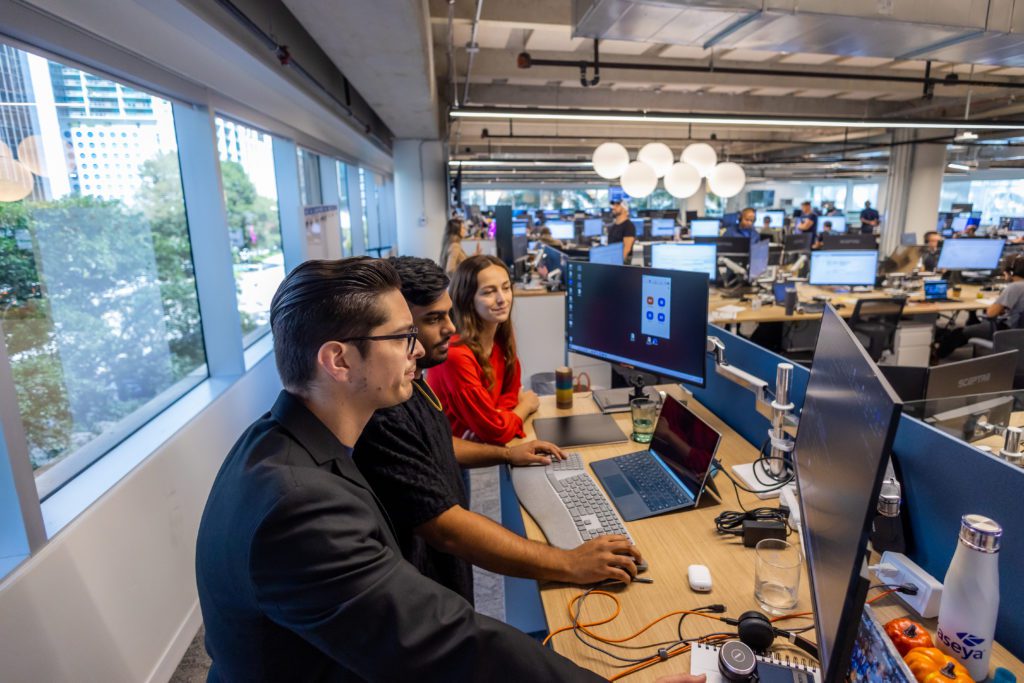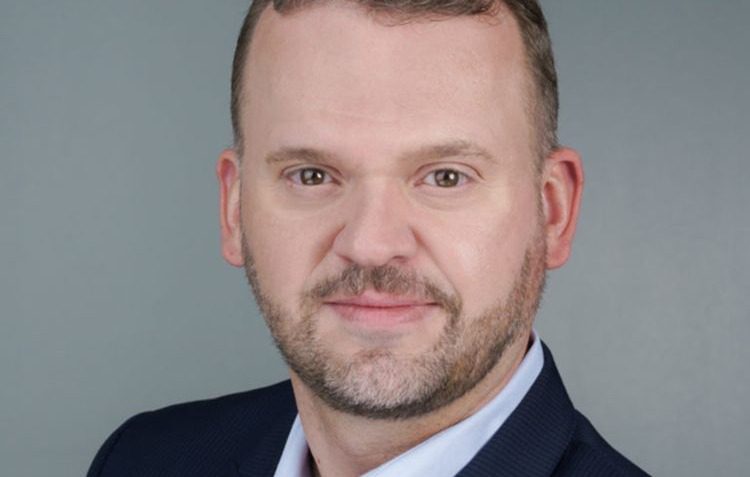Joe Smolarski is well aware, as most senior leaders are by now, that the U.S. is experiencing a dramatic skills shortage and that the balance of power has shifted from employers to employees, with the latter able to command higher paychecks and more flexible hours. He has heard the dire predictions for companies—and particularly tech companies—unwilling to offer employees a hybrid solution.
But while Smolarski agrees that today’s employees are looking for more from their employers, the COO of Miami-based IT solutions provider Kaseya doesn’t believe hybrid work is the necessary ingredient for retention—and he’s not afraid to say that the company just isn’t offering it. “Kaseya is an in-office company,” he says. “We’re super upfront about who we are and the types of people we’re looking for. And we’re not running scared like most other companies. A lot of candidates respect that and appreciate that.”
In-office work is a critical component of Kaseya’s talent strategy. Years ago, the company’s leadership realized that it would only get harder to recruit experienced, senior level staff, so they embarked on a plan to focus on hiring junior-level employees who are smart go-getters who appear to be a good fit with Kaseya’s culture, and then investing millions to ensure they are trained and learning the necessary skills to move up and, eventually, take leadership roles in the company. “There are literally hundreds of examples of individuals who have gone from intern to manager. We had somebody go from account manager to a senior vice president in four years,” says Smolarski, who estimates that around 90% of the company’s outside hires are entry level, while the same percentage of senior level positions are filled by internal promotion—even if the individual candidate isn’t quite there yet, skills-wise. “It takes a lot of convincing for the executive team to say, we need to go to the outside and hire a senior level person versus giving the opportunity to promote somebody who is here internally, who’s proven themselves, proven they’ve got Kaseya DNA.

“But employees need to see that growth opportunity. They need to know that if they put in the hard work and get the desired results, they’re going to be rewarded for it. They want investment in training to elevate their skills. They want to see a path for growth and success. So we as employers have to be in the details.”
Being detail-focused means micromanaging some aspects of talent strategy, he adds. When someone chooses to leave, for example, CEO Voccola gets a report detailing the reasons. “We scrutinize those as an executive team every single week, which you don’t see in a 5,000-person company very often—but it’s our job to address those challenges,” says Smolarski, adding that if the person left because it was a poor fit, that’s one thing. “But if they’re leaving because they didn’t see opportunity, that means that we didn’t do our job.”
The retention results speak for themselves, he adds, noting the company’s growth from 800 to nearly 5,000 in four years—three of those in a pandemic. “We’ve taken a very structured detailed approach to career development, and that’s appreciated by our Kaseyans, and in large part, is responsible for our high retention rates.”
That very intentional plan to groom leadership from the ground up would not work if everybody was dispersed and working remotely, as it would limit shadowing, mentorship and ultimately, that culture “stickiness” required for retention and loyalty. “It’s so critical that you get to learn from your peers. Younger people often learn through osmosis, from that superstar who’s sitting next to you, who has kind of solved a challenge already, and you’re able to learn from being in the environment and being exposed to the positive success that’s going on around you.”
The fact that the company isn’t wishy-washy about its plan to stay in person actually helps retention, he says. “Because they know what they’re signing up for. We don’t want to be vague because, what if we scare them away because we’re in office—we’re super upfront. They’re signing up for hard work—but they’re also signing up for unlimited opportunity.”









